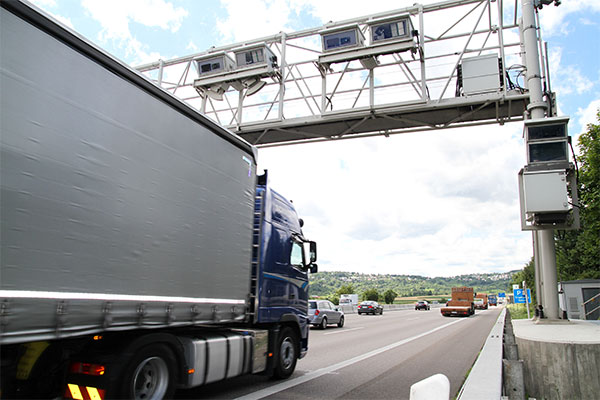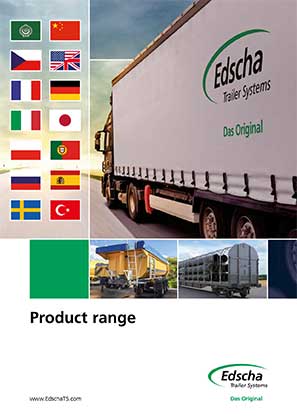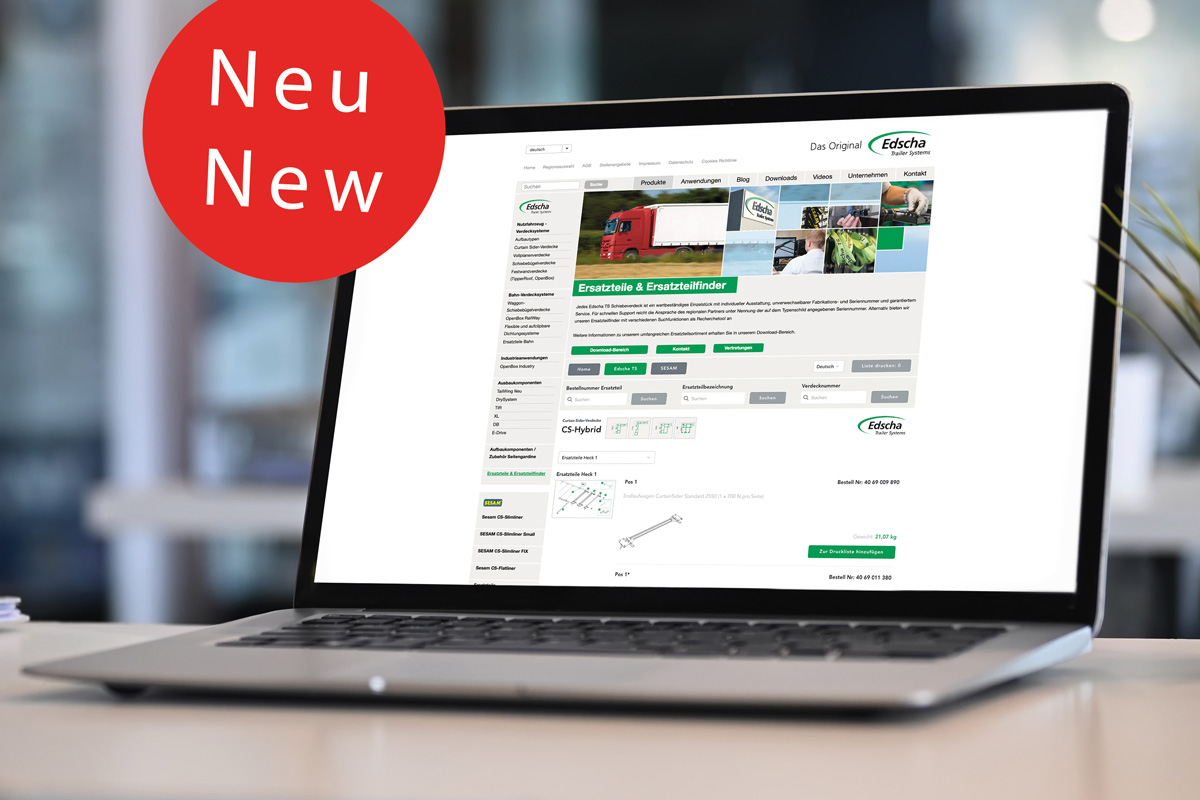Polish freight forwarder found tolls too high
A brief look back: A Polish logistics company found the toll charges quite simply too high and therefore filed a complaint with the Cologne Administrative Court. However, the court rejected the complaint. The case ended up on appeal before the competent Higher Administrative Court (OVG) in Münster. The judges of the OVG then submitted several questions to the ECJ on the interpretation of Articles 7 and 7a of the infrastructure costs directive in a so-called preliminary ruling request. Among other things, they wanted to know whether a toll payer can rely on compliance with the infrastructure costs directive vis-à-vis national courts and whether the costs of traffic police can also be included in the toll charges. Last but not least, the ECJ should answer whether a cost overrun could be corrected by a recalculation submitted subsequently in court proceedings.
Inclusion of traffic police costs inadmissible
In the judgment of October 28, 2020, the ECJ essentially followed the arguments of the OVG Münster. In particular, it denied the inclusion of traffic police costs. Such police costs were not permissible operating costs within the meaning of Art. 7 (9) of the Road Charges Directive. These regulations required that only costs within the meaning of Art. 7(9) could be taken into account when setting tolls, such as construction costs or costs for the operation, maintenance and development of the relevant road network. Police activities in road traffic were the sole responsibility of the state, which exercised sovereign powers and was not merely the operator. and does not merely act as an operator of transport infrastructure.

Threat of statute of limitations
In principle, the ruling means that the logistics companies affected can reclaim any overpaid fees. Trade associations estimate the amount of the respective repayments at around 4% of the toll paid. In individual cases, this can even be six- to seven-figure sums. However, due to statutes of limitation, there is an acute need for action. It is true that the Federal Office for Freight Transport (BAG) is supposed to process the recoveries. However, this does not always go smoothly and then legal action has to be taken.
Enforcing legal claims
There are three different ways to enforce recovery claims. First, various associations in the logistics industry offer to handle legal claims through their own lawyers or external law firms. Information on this can be obtained from the associations or researched on the Internet. Secondly, the company can call in its own in-house lawyer or a lawyer focused on the topic for a recovery. Thirdly, there is the option of initially taking the case into one's own hands without the help of a lawyer. In any case, an employee in the company should be available as a direct contact person.
Do not submit requests by mail
Requests for repayment by mail are not legally permissible. However, the good old letter or an application via fax will do. The Federal Office for Goods Transport (BAG), P.O. Box 190180, 50498 Cologne, Germany, telephone: +49 221 5776-0, fax: +49 221 5776-1777. The application can be made informally. And don't forget to sign it. After receiving confirmation of receipt, you should provide the BAG with a toll statement for the relevant years and the corresponding vehicle license plates.
Checking customer claims
First of all, another - not entirely unimportant - question remains: To what extent can freight forwarding customers also make claims for restitution on the basis of this ruling? The answer is not quite simple and can actually only be clarified in individual cases. This is because the contractual basis in the relationship between the freight forwarder and the customer is of a private law nature and is handled very differently in practice. There are contracts that are billed as a lump sum or those where the toll is to be paid separately by the customer. It is certainly best to discuss the matter with the customer in order to reach an agreement. Of course, you can also have the customer sue you: Whether this is good for business can certainly be doubted at this point.






